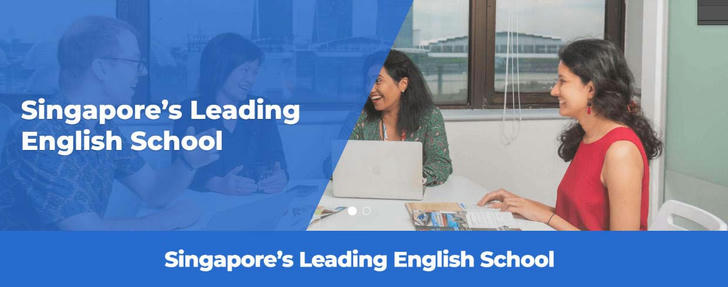✨ Comprehensive Guide to Singapore’s 2025 English Courses: Levels, Career Focus, and Flexible Scheduling ✨
Navigating the diverse English courses available in Singapore can be challenging, especially when considering course levels, career pathways, class timings, and learner eligibility. This guide draws on the latest data from leading Singaporean English institutions to provide a detailed breakdown of course structures, employment relevance, and scheduling flexibility, enabling learners to strategically plan their language development and enhance proficiency efficiently.

🔍 Course Levels Explained: From Early Childhood Integration to Advanced Adult Programs
| Learner Stage | Course Focus | CEFR Levels | Key Features |
|---|---|---|---|
| Early Childhood | Pre-primary transition courses | Pre A1 to A1 | Foundational skills for young learners |
| Primary School | Grammar, spelling, overall language skills | Pre A1 to B2 | Builds core language ability |
| Secondary School | Reading & writing aligned with IGCSE & IB | A2 to B2+ | Prepares for international examinations |
| Adult Learners | Daily English and business English | Pre A1 to C1 | Covers beginner to advanced; workplace communication |
🎯 Diverse Career Pathways: Business English and Academic English Roadmaps
| Pathway | Target Learners | Focus Areas | Outcomes |
|---|---|---|---|
| Business English | Intermediate to advanced | Email writing, negotiations, presentations, industry vocabulary | Enhanced corporate communication skills |
| Academic English | Students preparing for higher education | Critical reading, writing, analytical skills | Success in international schools and universities |
This differentiation allows learners to align their language acquisition with specific career or educational aspirations.
🕒 Flexible Scheduling and Campus Options for Varied Lifestyles
| Time Slot | Typical Availability | Notes |
|---|---|---|
| Morning | 9:30 AM – 11:30 AM | Ideal for early risers |
| Midday | 12:00 PM – 2:00 PM | Suitable for midday breaks |
| Late Afternoon | 4:30 PM – 6:30 PM | After-work or school hours |
| Evening | 7:00 PM – 9:00 PM | For busy professionals and families |
Youth courses generally start in August, aligned with school terms.
Campuses located in central business districts like CBD and Orchard Road ensure easy public transport access.
Online and private tutoring options offer additional flexibility.
🌍 Age and Nationality Requirements: Embracing Singapore’s Diverse Learner Profiles
Age Range: From preschool children to adults with no upper age limit.
Nationality: Open to multi-national cohorts across Asia and beyond.
Class Sizes: Small groups (3–10 students) encourage personalized attention and cultural exchange.
Placement Tests: Used to accurately assess proficiency and ensure appropriate course placement.
Inclusivity: Institutions maintain policies to overcome language barriers and support diverse learners.
✅ Five Key Strategies for Selecting the Right Course and Trial Opportunities
| Strategy Number | Action Step | Details |
|---|---|---|
| 1 | Assess current language proficiency | Use online or in-person placement tests to find the right level |
| 2 | Clarify learning objectives | Decide between academic, professional, or general communication goals |
| 3 | Evaluate scheduling flexibility and campus accessibility | Ensure class times and locations fit your personal routine |
| 4 | Consider class size and teaching credentials | Prefer institutions with TESOL or CELTA certified educators |
| 5 | Explore trial classes | Some institutions offer trial courses to understand teaching style and course structure; check for fees or registration requirements |
🚀 Conclusion
By following these guidelines, learners can make informed decisions to maximize the efficiency and satisfaction of their English language journey in Singapore.
